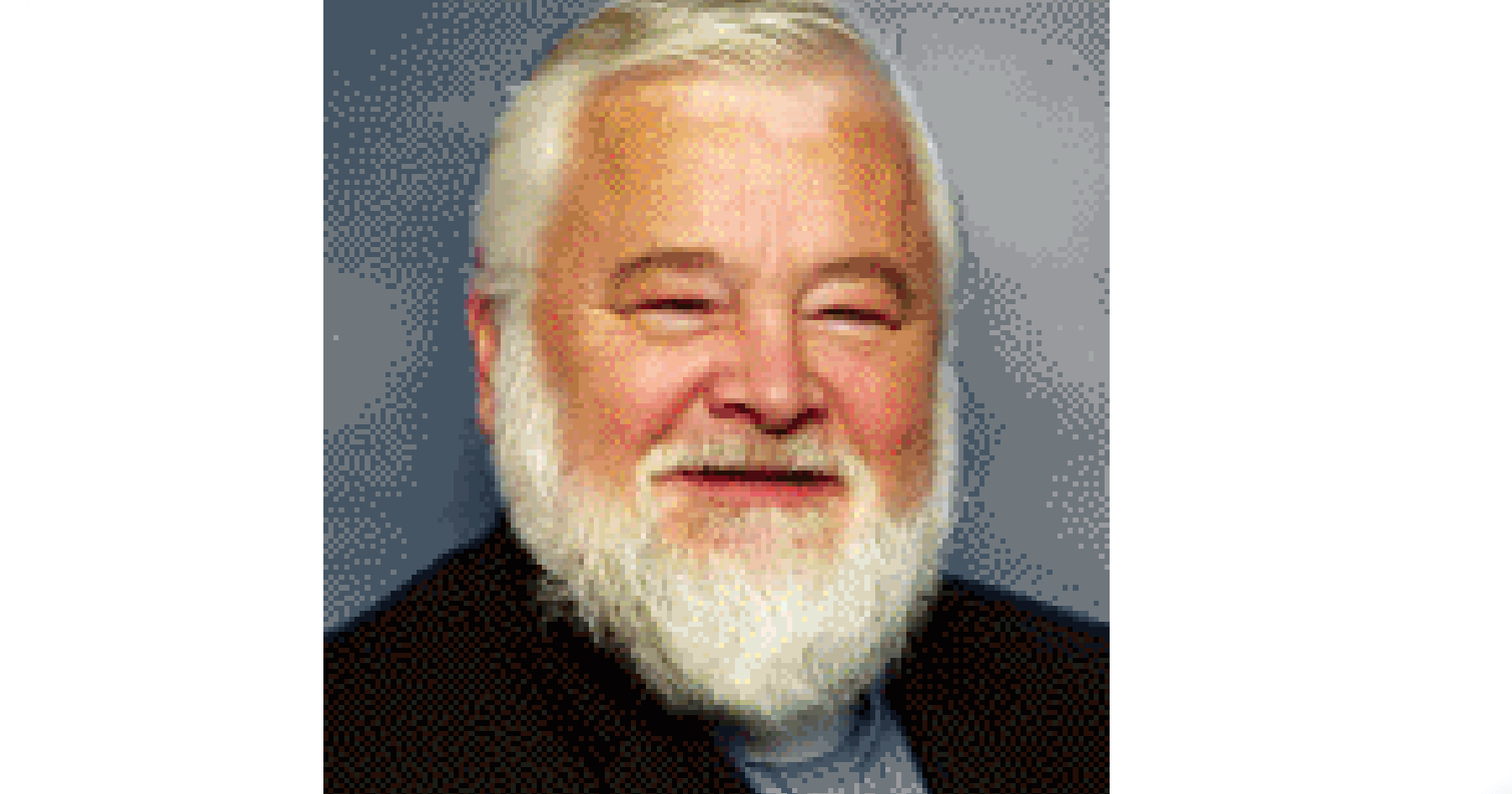Recently, someone accused me of being ‘woke’. It’s the new insult used by the alt–right. My first impulse was to sputter in dismay and dismiss it as another ad hominem attack. It’s easier to impugn the character, motive, or integrity of another person rather than have a conversation about the merits of one’s position. Then it occurred to me to ask about the meaning and origin of “being woke.” When I found out, I decided that I like being ‘woke’. I celebrate it.
Professor Google told me that ‘woke’ is “an English adjective meaning ‘alert to racial prejudice and discrimination, which originated in African American Vernacular English.’ In the 2010s, the meaning was expanded to “encompass a broader awareness of social inequalities such as sexism … and social justice [issues] such as white privilege and slavery reparations for African Americans.”
Well, I thought, this isn’t so bad.
The Oxford English Dictionary indicates it originally meant “well–informed, up to date,” and now it chiefly means “alert to racial or social discrimination and injustice.” Merriam Webster agrees and quotes US Representative Barbara Lee: “we have a moral obligation to ‘stay woke,’ take a stand and actively challenge injustice and racism in our communities and fighting hatred and discrimination wherever it rises.”
All good for me.
In an effort to be fair, I went to the Fox News website. It defines woke as a slang word which “has come to represent an embrace of progressive activism.” Fox seems to want activism only from conservatives. They illustrate the fear that the alt–right has for progressive activists in movements such as : “Me Too” and “Black Lives Matter.” ‘Woke’ thus becomes a term of derision and scorn.
But I say go ahead and call me ‘woke.’ I welcome being ‘woke.’ It is far preferable to being asleep when it comes to the injustices which have been and continue to be perpetrated.
I was accused of being ‘woke’ because of what I wrote about the history of Canada’s treatment of Indigenous Peoples in Canada and the “Every Child Matters” movement. “It’s all in the past,” they said. “They just need to get over it. After all, we fought them, and we won. Now it’s our land.”
The essence of their argument was that “might makes right”; the strongest will always come out on top. So I asked, “Would it be okay if I came into your house, beat you up, and claimed it as my own place?” To which they naturally responded, “Well, no!” To which I responded, “So what makes it all right for white settlers to come to a land inhabited for tens of thousands of years by Indigenous Peoples and forcibly take it from them?” They had no answer.
If that’s what it means to be ‘woke’, then I pray that a multitude of people might wake up, become alert to historical injustices, and understand more deeply the basis of white privilege.
Part of the reason I celebrate being ‘woke’ is that for me, it is in full accord with the teachings of Jesus. Jesus urges us to care deeply for our siblings on earth. The great commandment is to “love God and love your neighbour,” and sums up the whole law. In John’s gospel, the last thing Jesus does before his execution is to command his followers to “love one another as I have loved you.”
In Matthew 25, Jesus explicitly identifies himself with “those who are hungry, or thirsty, or naked, or a stranger, or sick, or imprisoned.” It’s not an exhaustive list; it is illustrative. We might easily add others—refugees, the homeless, migrant workers, 2SLGBTQIA+ folks, those addicted to alcohol or drugs, survivors of Indian Residential Schools and the 60s scoop, and so on.
So yes, please call me ‘woke.’ I celebrate it. I welcome it.


